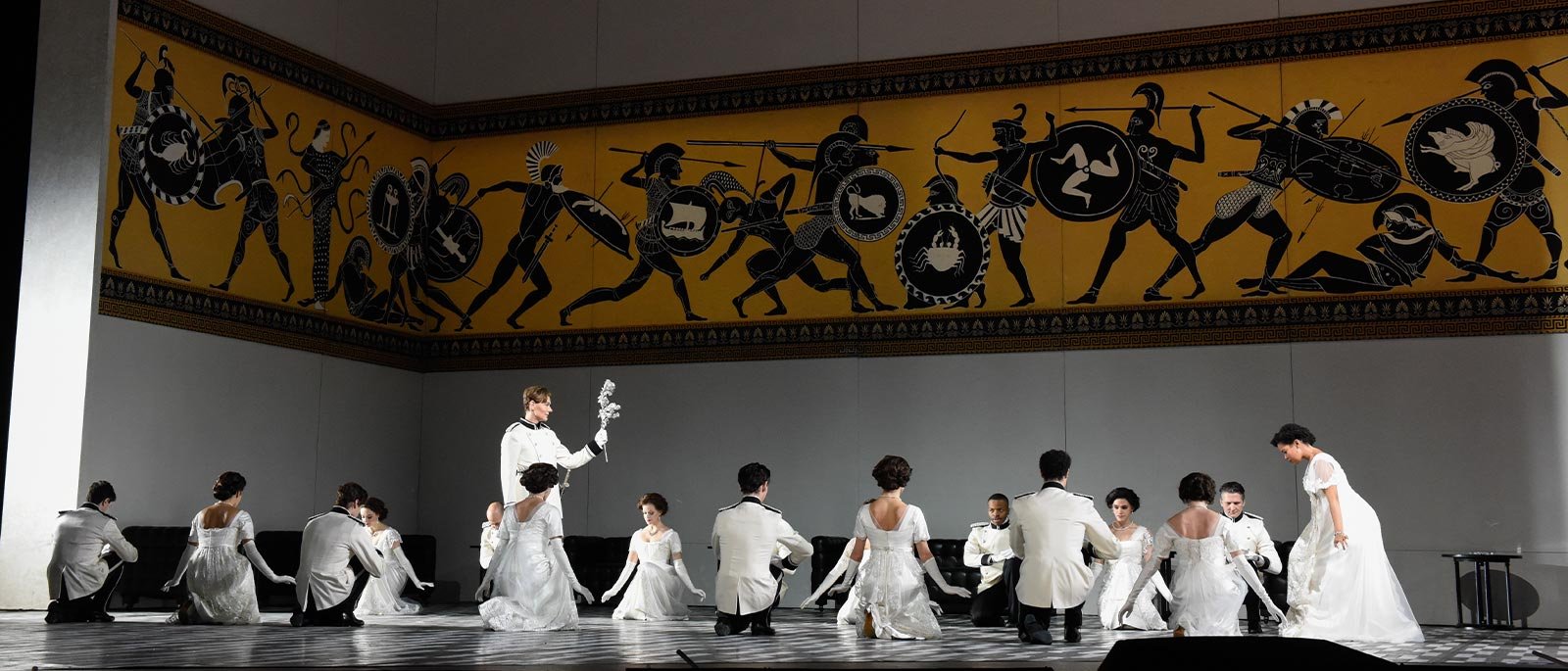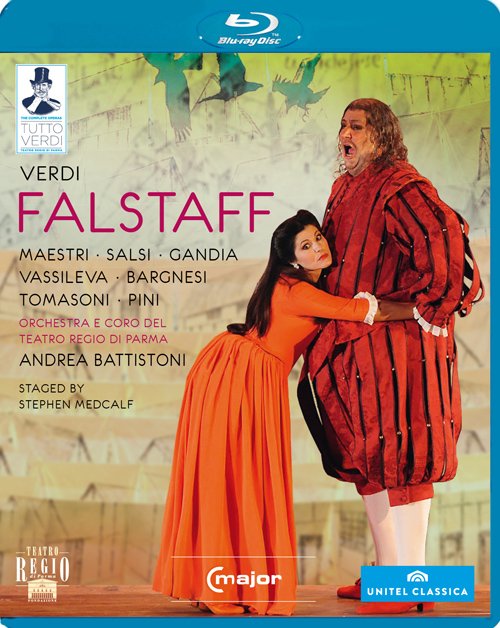Been updating the ‘About’ page. Here is the current iteration:
What to make of this?
How to live?
Our eternal questions.
No body can advise you and help you, nobody. There is only one way. Go into yourself. Examine the reason that bids you to write; check whether it reaches its roots into the deepest region of your heart, admit to yourself whether you would die if it should be denied you to write. - Rilke, Letters to a Young Poet
In a way, Balse is a research institute. In another, simply an experience of life, the NOW.
How I feel. My journey. Real human drama through photography and words.
Things are not all as graspable and sayable as on the whole we are led to believe; most events are unsayable, occur in a place that no word has ever penetrated, and most unsayable of all are works of art, mysterious existences whose life endures alongside ours, which passes away. - Rilke, Letters to a Young Poet
Key areas of research are:
Art, Music, and History
Philosophy
Environment
From ancient to contemporary.
What we consume, how we spend time, shapes us. Consume less, consume consciously.
A work of art is good if it has arisen out of necessity. The verdict on it lies in this nature of its origin: there is no other.
Rilke, Letters to a Young Poet
Follow the fun. Experience the world - LIFE.
With your needle, feel the groove - Focus.
Signal - seek with heart - Phono stage.
Find your message, expand with light - amplification.
Energy, vibration, form, harmony, emotion, being, breath in, and breathe out - Sound.
Now - DANCE.
Life.
Other research items:
Philias - Private Sun (Traum V279)
Traum, techno
wonderful doc on photographer William Eggleston
A lot of Chairlift and Caroline Pollachek
And been hooked on this Brutalismus 3000
gotta have Oklou




























